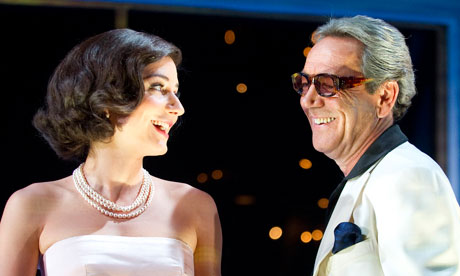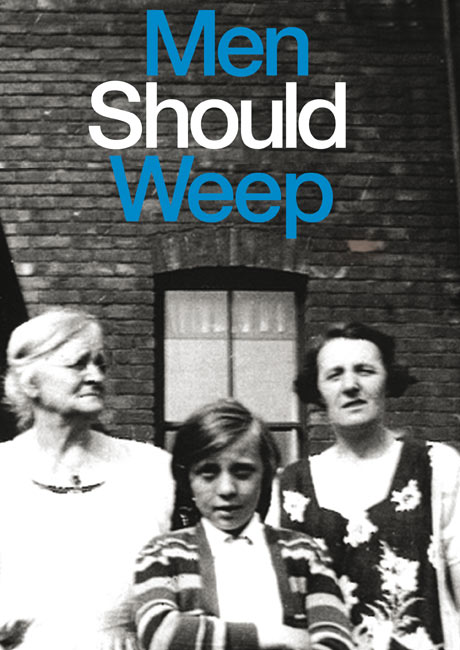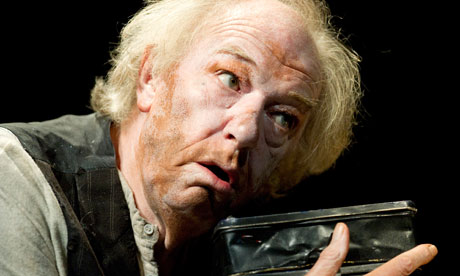Nearly Ninety was created in the last year of choreographer's Merce Cunningham life before he died in summer 2009. Cunningham is probably the best known American avant garde representative and in his long career he influenced not only the dance world, but a wider culture as well. In his performances dance, music and design all play an equal role on the stage. His last work has all the trademarks of creativity and the name mirrors it (he died nearly ninety). Rigid moves, ballet-like leaps and inorganic relations mix with industrial sounds. I didn't enjoy it but didn't dislike it either – it left an indescribable emotion.
 At the monthly book club we discussed A Week in December by Sebastian Faulks. It is a Dickensian novel set in the current day London tracking the intertwined lives of numerous characters. In fact, there are so many characters with back stories, that not much space was left for the action. It is a true 'state of the nation' novel in to which an immense amount of research went in. The book contains detailed descriptions of how the Tube works, of the financial procedures in banks and hedge funds and drug industry among other things. A major fault, however, is the authors decision to invent new names for the items we take for granted and many places in London – Costa café becomes Café Bravo, MySpace – YourPlace, everyone listens to Girls from Behind, not Girls Aloud, etc. What is the point of it?
At the monthly book club we discussed A Week in December by Sebastian Faulks. It is a Dickensian novel set in the current day London tracking the intertwined lives of numerous characters. In fact, there are so many characters with back stories, that not much space was left for the action. It is a true 'state of the nation' novel in to which an immense amount of research went in. The book contains detailed descriptions of how the Tube works, of the financial procedures in banks and hedge funds and drug industry among other things. A major fault, however, is the authors decision to invent new names for the items we take for granted and many places in London – Costa café becomes Café Bravo, MySpace – YourPlace, everyone listens to Girls from Behind, not Girls Aloud, etc. What is the point of it?Also this week: listened to Baroque arias performed by Europa Galante at the Barbican and visited the magnificent Cadogan Hall where Vanbrugh String Quartet performed Beethoven's string quartets and yet again went to the most educating and inspiring guided tour of the National Gallery (everyday 11.30 or 2.30 – highly recommended!).








